GOTHENBURG, Sweden: The picture is becoming clearer regarding the chronic oral pain condition known as burning mouth syndrome (BMS), which mainly affects women who are middle-aged and older. A scientist at Sahlgrenska Academy at the University of Gothenburg has reported results on dissertation work that is part of a larger research project aimed at finding a model for BMS that can facilitate diagnosis and treatment in the future.
BMS affects approximately 4 per cent of the Swedish population. The condition is characterised by a burning sensation of the oral mucosa in a person with otherwise apparently normal oral health. The tongue is most often afflicted, but the palate, lips and gingivae may also be affected. Other common symptoms include xerostomia and altered taste perception, such as a bitter or metallic flavour in the mouth.
In her doctoral dissertation on oral microbiology and immunology at the Institute of Odontology, Dr Shikha Acharya connected clinical findings and self-reported findings from questionnaires from patients with BMS about their symptoms and background (other diseases, use of medications, etc.) along with saliva-related factors. These were compared with a sex- and age-matched control group.
The researcher found that 45 per cent of the BMS patients had altered taste perception and 73 per cent experienced burning or stinging or a combination of the two, but stinging and numbness also occurred. In addition to BMS, the examination of the study participants showed a higher incidence of other types of diseases, use of more medications, proneness to bruxism and more allergies than the control group. However, more advanced analyses showed that BMS was strongly associated with self-reported skin disease and subjective oral dryness.
That the BMS patients reported that they suffered considerably more from skin disease and skin problems, compared with the control group, is a new finding. The study also found that mucin proteins in BMS patients’ saliva were altered and contained lower amounts of carbohydrate structures that affect the oral cavity’s immune system, constituting another novel finding.
“Our hope is that the new findings will contribute to the development of objective diagnostic criteria and effective individualised treatment that are both currently lacking. It’s important because the afflicted patients often feel that their surroundings and health care professionals doubt their ailment,” explained Acharya.
Acharya’s doctoral thesis, titled On Characteristics of Burning Mouth Syndrome Patients, was published on 20 August and can be obtained here.
Tags:
GENEVA, Switzerland: Researchers from the University of Geneva (UNIGE) are seeking to learn why certain species of catfish are able to grow teeth outside ...
LONDON, UK: New data released by the National Health Service (NHS) has painted a bleak picture of the state of oral health in children in the UK, with 322 ...
Dr. Cosmo Haralambidis, founder and CEO of Synapse Dental, was at the 2019 Annual Session of the American Association of Orthodontists (AAO) in Los Angeles,...
TANGIER, Morocco: Planmeca devices are a common sight in modern Moroccan dental offices. Since entering the country’s dental market, Planmeca has rapidly ...
BASEL, Switzerland: The findings of the seventh ITI Consensus Conference, held in Lisbon in Portugal in May 2023, are now available. Covering a range of ...
OSLO, Norway: The painful condition of burning mouth syndrome (BMS) has similar symptoms, including a tingling sensation in the mouth, to conditions such as...
Timothy Caruso is a physical therapist with over 30 years of experience, specialising in manual therapy, orthopaedics and ergonomics. In this interview ...
LEIPZIG, Germany: Rural communities across the US are facing a growing oral health crisis as access to fluoridated water and dental care diminishes. This ...
LONDON, UK: Antimicrobial resistance (AMR) influences the success of medical treatment and allows for unhindered diffusion of bacteria. Although antibiotic ...
NEW YORK, US: Oral tumours can cause agonising pain and thus greatly impair the quality of life of patients. Researchers from the New York University ...
Live webinar
Tue. 10 February 2026
7:00 pm EST (New York)
Prof. Dr. Wael Att, Dr. Robert A. Levine DDS, FCPP, FISPPS, AOD, Dr. Larissa Bemquerer ITI Scholar at Harvard
Live webinar
Wed. 11 February 2026
11:00 am EST (New York)
Dr. med. dent. Sven Mühlemann
Live webinar
Wed. 11 February 2026
12:00 pm EST (New York)
Prof. Dr. Samir Abou Ayash
Live webinar
Fri. 13 February 2026
12:00 pm EST (New York)
Live webinar
Mon. 16 February 2026
12:00 pm EST (New York)
Live webinar
Tue. 17 February 2026
12:00 pm EST (New York)
Live webinar
Wed. 18 February 2026
9:00 am EST (New York)
Dr. Anna Lella, Ms. Francesca Nava



 Austria / Österreich
Austria / Österreich
 Bosnia and Herzegovina / Босна и Херцеговина
Bosnia and Herzegovina / Босна и Херцеговина
 Bulgaria / България
Bulgaria / България
 Croatia / Hrvatska
Croatia / Hrvatska
 Czech Republic & Slovakia / Česká republika & Slovensko
Czech Republic & Slovakia / Česká republika & Slovensko
 France / France
France / France
 Germany / Deutschland
Germany / Deutschland
 Greece / ΕΛΛΑΔΑ
Greece / ΕΛΛΑΔΑ
 Hungary / Hungary
Hungary / Hungary
 Italy / Italia
Italy / Italia
 Netherlands / Nederland
Netherlands / Nederland
 Nordic / Nordic
Nordic / Nordic
 Poland / Polska
Poland / Polska
 Portugal / Portugal
Portugal / Portugal
 Romania & Moldova / România & Moldova
Romania & Moldova / România & Moldova
 Slovenia / Slovenija
Slovenia / Slovenija
 Serbia & Montenegro / Србија и Црна Гора
Serbia & Montenegro / Србија и Црна Гора
 Spain / España
Spain / España
 Switzerland / Schweiz
Switzerland / Schweiz
 Turkey / Türkiye
Turkey / Türkiye
 UK & Ireland / UK & Ireland
UK & Ireland / UK & Ireland
 Brazil / Brasil
Brazil / Brasil
 Canada / Canada
Canada / Canada
 Latin America / Latinoamérica
Latin America / Latinoamérica
 USA / USA
USA / USA
 China / 中国
China / 中国
 India / भारत गणराज्य
India / भारत गणराज्य
 Pakistan / Pākistān
Pakistan / Pākistān
 Vietnam / Việt Nam
Vietnam / Việt Nam
 ASEAN / ASEAN
ASEAN / ASEAN
 Israel / מְדִינַת יִשְׂרָאֵל
Israel / מְדִינַת יִשְׂרָאֵל
 Algeria, Morocco & Tunisia / الجزائر والمغرب وتونس
Algeria, Morocco & Tunisia / الجزائر والمغرب وتونس
 Middle East / Middle East
Middle East / Middle East

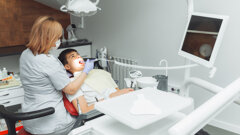





















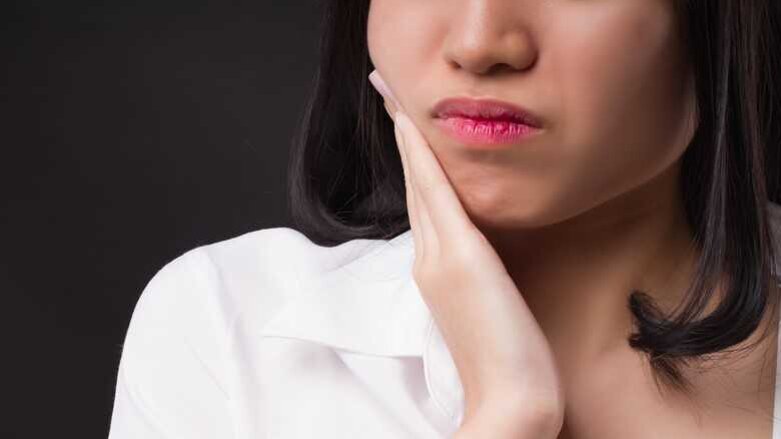




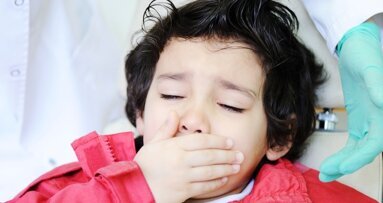
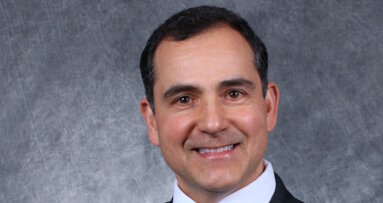
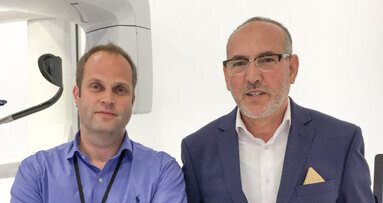
















To post a reply please login or register